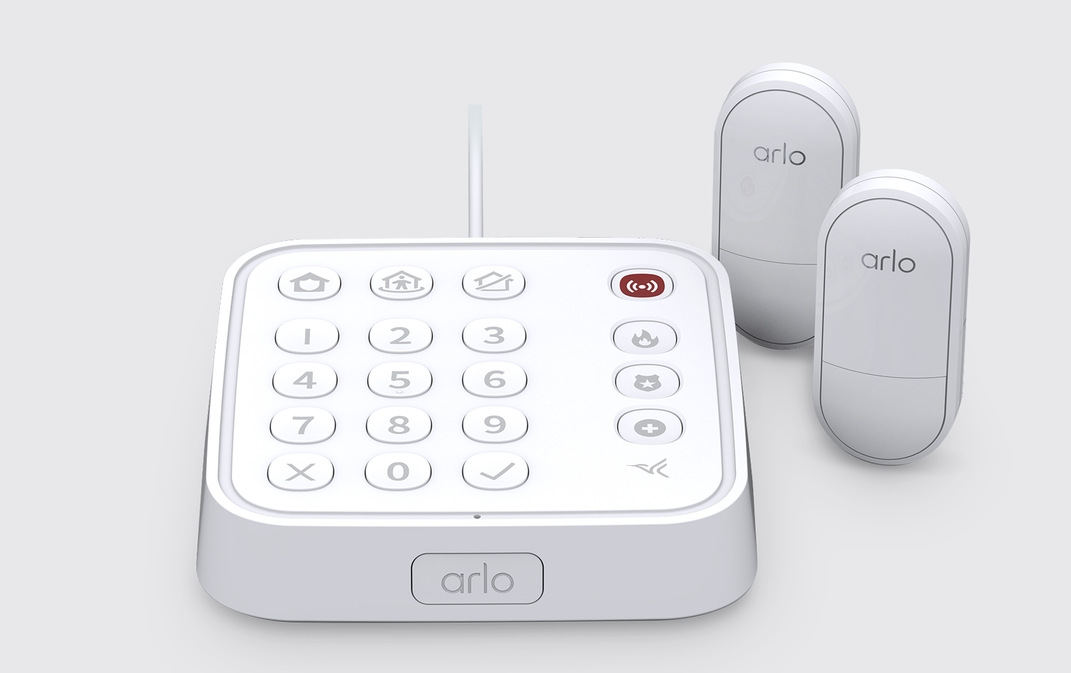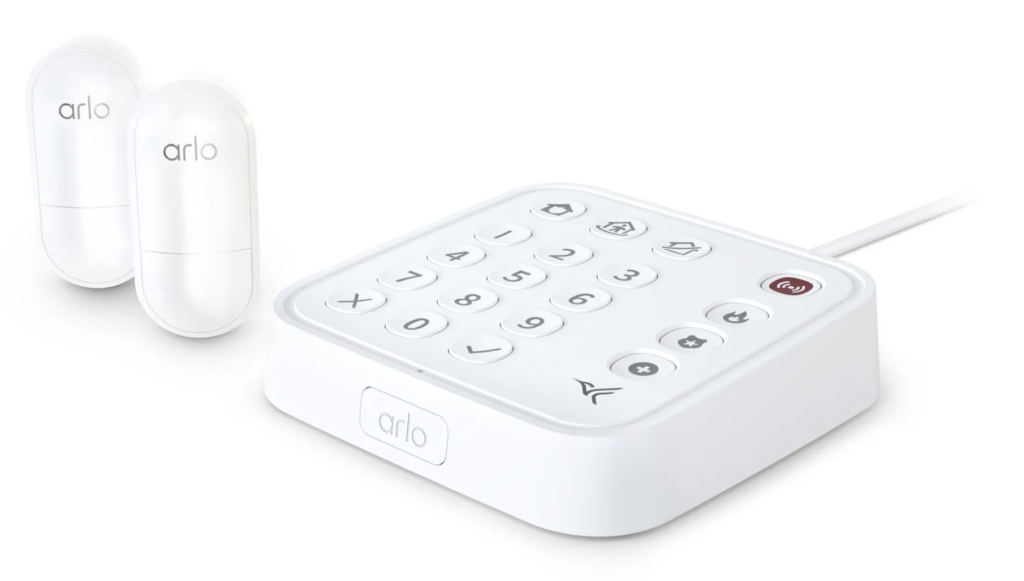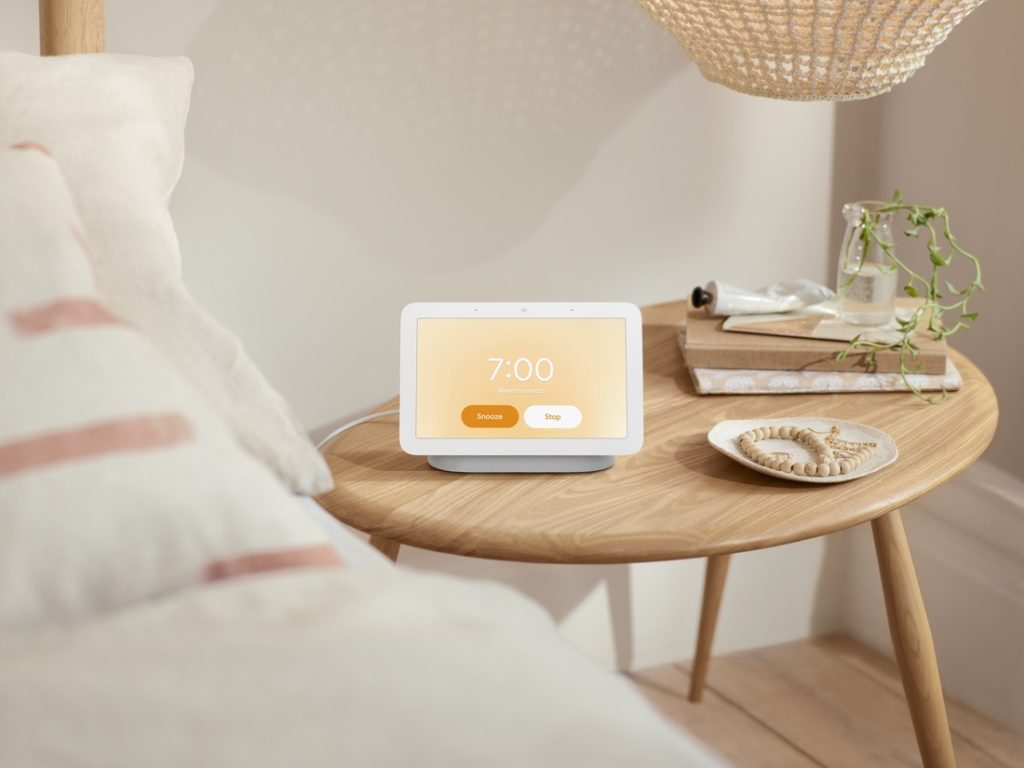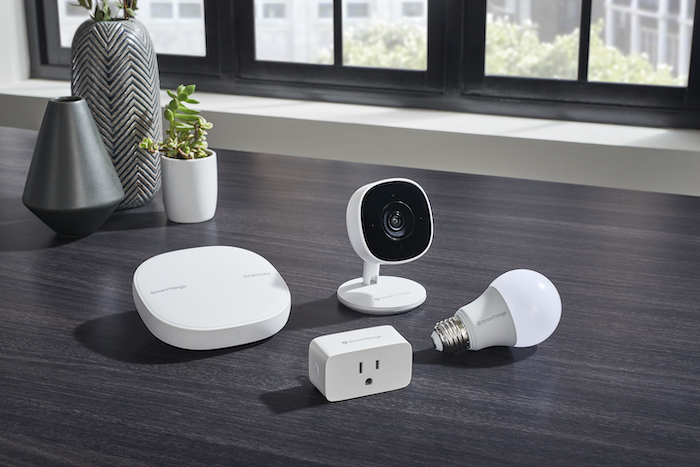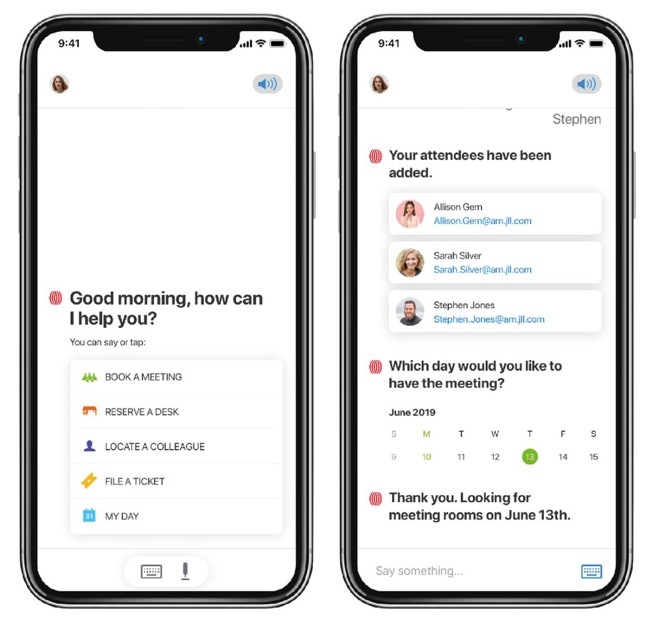This week’s show kicks off with our hopes for privacy in the wake of President Biden calling out tech firms during his State of The Union address. Biden was focused more on targeted ads and protecting children, but children’s’ data gets swept up in smart home devices as well, so there’s a chance. We then explore why Josh.ai is combining its voice assistant with ChatGPT and note that smart home forums are banning ChatGPT. Then we talk about a win for Amazon’s Sidewalk Network and how insurers might use it and a new Electronic Shelf Label standard from the Bluetooth SIG. In more wireless news, we discuss a new modem from Qualcomm that will benefit both the industrial IoT and wearables, such as AR glasses. Y’all may recall that I’ve been pleased that the U.S. has started regulating security for IoT devices, and it looks like some of its efforts are working. In smaller news, we cover a review of the Samsung SmartThings Station, an update on Apple’s HomeKit architecture change, and funding for InfluxData. Finally, we answer a listener question about options for open source tools to manage home energy consumption.
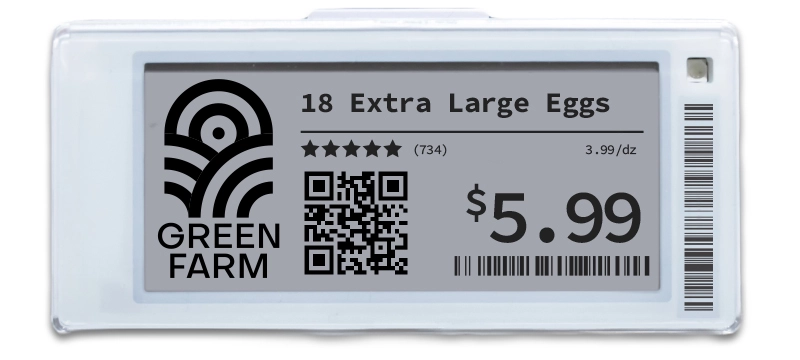
Our guest this week is Jaser Faruq, Senior Vice President, Innovation at Schneider Electric, who is on the show to discuss why his company is betting big on smart home technology to manage energy consumption, storage and generation. We talk about the three reasons energy management is such an important feature for smart homes, and what it will take to get consumers to adopt it. We also talk about what role utilities will play in the development of a smarter grid and how long it will take before this becomes more mainstream. It’s an important topic, especially for those of y’all considering the purchase of an electric vehicle. Enjoy the show.
Hosts: Stacey Higginbotham and Kevin Tofel
Guest: Jaser Faruq, Senior Vice President, Innovation at Schneider Electric
Sponsors: InfluxData and Silicon Labs
- Is the US government ready to regulate privacy? For real?
- How might ChatGPT help solve problems in the smart home?
- Qualcomm’s new modem is good for the industrial IoT
- Is this a new era when electricity is a scare resource?
- We’ll see a smarter electrical grid within the next five years
Podcast: Play in new window | Download | Embed
Subscribe: RSS

